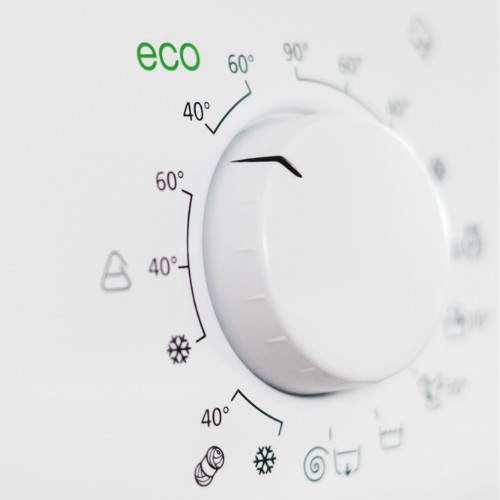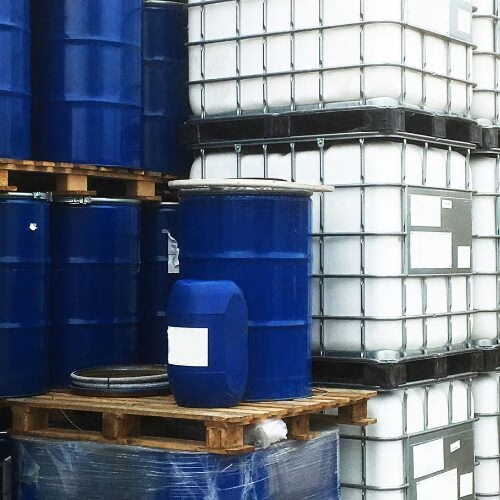What is the ESPR?
The Ecodesign for Sustainable Products Regulation (ESPR) is the EU’s flagship regulation to make products fit for a circular, climate-neutral economy under the Circular Economy Action Plan. The legislation sets out to establish Ecodesign requirements for specific product groups. Ecodesign requirements aim to improve one or more of 16 product aspects. These aspects include, among others, reducing environmental impact, minimising water and energy consumption, enhancing reliability and repairability, increasing the use of recycled materials, and facilitating reuse and recycling.
Before requirements are introduced for a product group, the European Commission carries out a preparatory study using the Methodology for Ecodesign of Energy-related Products (MEErP), alongside a legislative impact assessment. The preparatory studies assess whether environmental performance and circularity can be improved through Ecodesign requirements, while not leading to higher costs to the consumer over the total lifetime of the product.
Ecodesign requirements development
Ecodesign requirements are developed by executing seven MEErP tasks during the preparatory study. These tasks range from defining the scope and collecting data on the state of technology, to analysing product use patterns and market characteristics. The method also includes assessing life cycle impacts (both environmental and financial) and exploring design options for improvement. Finally, it leads to the development of policy proposals for new requirements. Stakeholder consultation is included in this process and the results inform future ESPR requirements such as:
- Setting specific Ecodesign requirements based on the 16 product aspects.
- Defining minimum performance requirements related to the Ecodesign requirements.
- Set information requirements to inform users and waste treatment operators about aspects such as safe use, product contents, repair instructions, safe disassembly, etc.
Why engaging early matters
The MEErP process includes consultation phases to collect data from industry stakeholders. To anticipate and influence regulatory developments at an early stage, it is advisable to actively engage in these consultations. To be well-prepared, it makes sense to:
- Understand the environmental impacts and life cycle costs for your product group.
- Identify cost-effective design options that are feasible for you.
By starting early, companies can develop new designs that may be recognised as the best available technologies. These designs could then set the benchmark for future requirements, placing early movers ahead of the competition.
Ecomatters support
To help your company become a first mover, we can offer support based on our experience in conducting preparatory studies; including those for household and commercial washing appliances, dishwashers, and tyres. We can:
Help you understanding environmental performance
- Make calculations to assess your product group’s life cycle impacts by performing Product Environmental Footprint (PEF) studies.
Support you in identifying improvement potential
- Calculate the impact of various design options that are considered and use this analysis to compare and evaluate the alternatives.
Quantify total life cycle costs
- Conduct Life Cycle Costing (LCC) calculations to evaluate the cost-effectiveness of design options and anticipate economic implications of possible Ecodesign requirements for end-users.
Work with us
If you would like to discuss working with Ecomatters on the impact of Ecodesign requirement or on preparing for ESPR preparatory studies using the MEErP methodology, fill in the form below or schedule a call with one of our experts.
ESPR Services
Our experts
Mieke de Jager
Maria Papavasileiou
Want to know more?
Related pages
Over the past year, Ecomatters has contributed to several preparatory…
Related projects
Interested in learning more?
Get in touch!
















